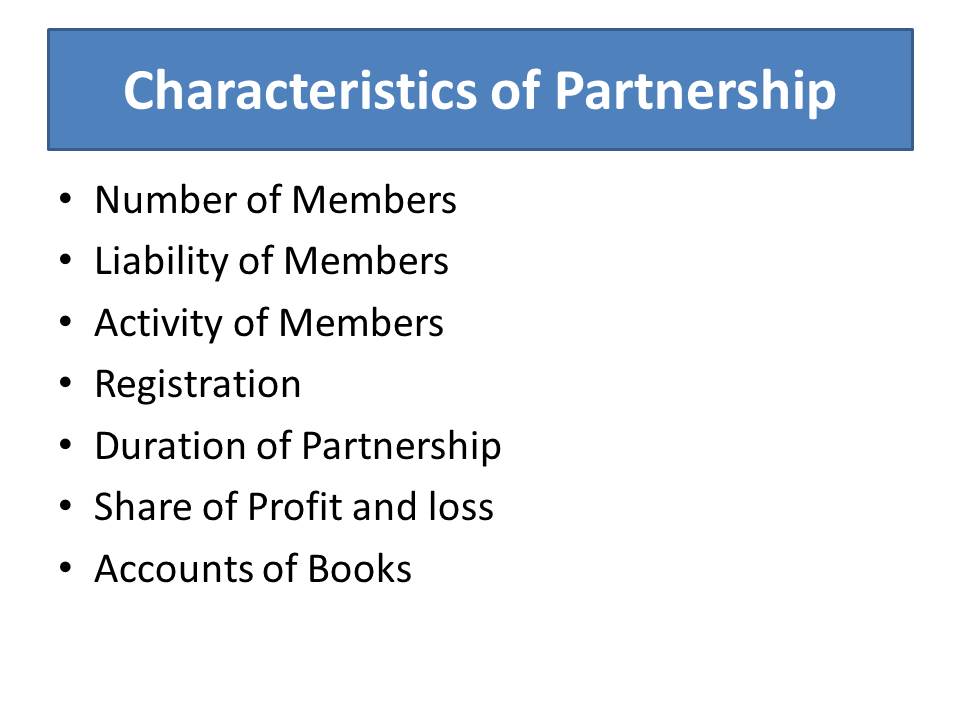Partnership Act 1890 In Business Definition & Characteristics

Partnership Act 1890 is the UK act. which describes the rules and regulation from creating, operating and dissolution of business through partnership way. Its also a simple and most common form of business like sole proprietorship. Easy to form and run business by fulfilling the basic requirements.
What is Partnership
Definition of partnership.
As per the UK gov,
(1) Partnership is the relation that subsists between persons carrying on a business in common with a view of profit.
(2)But the relation between members of any company or association which is—
[F1(a)registered under the Companies Act 2006, or]
(b)Formed or incorporated by or in pursuance of any other Act of Parliament or letters patent, or Royal Charter; F2. . . F2. . . is not a partnership within the meaning of this Act.
“Their relationship come into existence between two or more than two people for doing business with the only objective of earning the profit. In simple when two or more than two people become joint owner of the business with the agreed ratio of profit and loss is call partnership”.
There should be at least two members and the maximum limit is twenty. In case of death of others, partners resulted in remaining one partner, then it will be converted into Sole trader ship. The partnership should be made for business as per business definition. As per law, every partner is responsible for the acts of business as per the partnership agreement. That every partner in case of loss or incident should be paid as per the ratio agreed.
What are the Characteristics of Partnership

- Formation: One of the main Character which attracts the people in doing business is easy to formation. It can be even formed oral. But however, it is recommended it should be at least in written form to for resolving the UN-expected dispute.
- Registration is not necessary by law, but for getting customers and other people trust. It can be registered with mutual consent by following the rules and regulation of Governing authority with partnership deed.
- Profit and loss sharing should be agreed at the start of the partnership. Every partner will get a share as per agreement.
- Finance must be invested by every partner. In some cases, a skilled person investss their skills instead of finance, but with the mutual consent of other partners. Forgetting goodwill, legend or famous person having followers can be a partner without capital with the agreed ratio of profit.
- The goal will be only to earn profit and get shares. Doing work for a charity or establishing to any organization without profit motive will be business, so will not partnership business.
- The number of Persons should be at least two and a maximum of twenty. Other legislation may have their own rules and regulations for numbers, like in banking sector partners should not be more than 10.
- Liability of the partners is unlimited, like characteristics of sole trader ship. If the loss not covered even by selling the whole business, then the personal property of the also used for clearing the debts.
- Rights and duties are the same for every partner. They can participate in decision making, inspections, usage of firm assets for business use.
- A separate Legal Entity comes after the registration of the firm. After registration, any partner may leave the partnership or a new partner appointed. in case of non-registration, there is no legal entity, with retirement or appointment of a new partner existing partnership will be dissolved and new comes into existence.